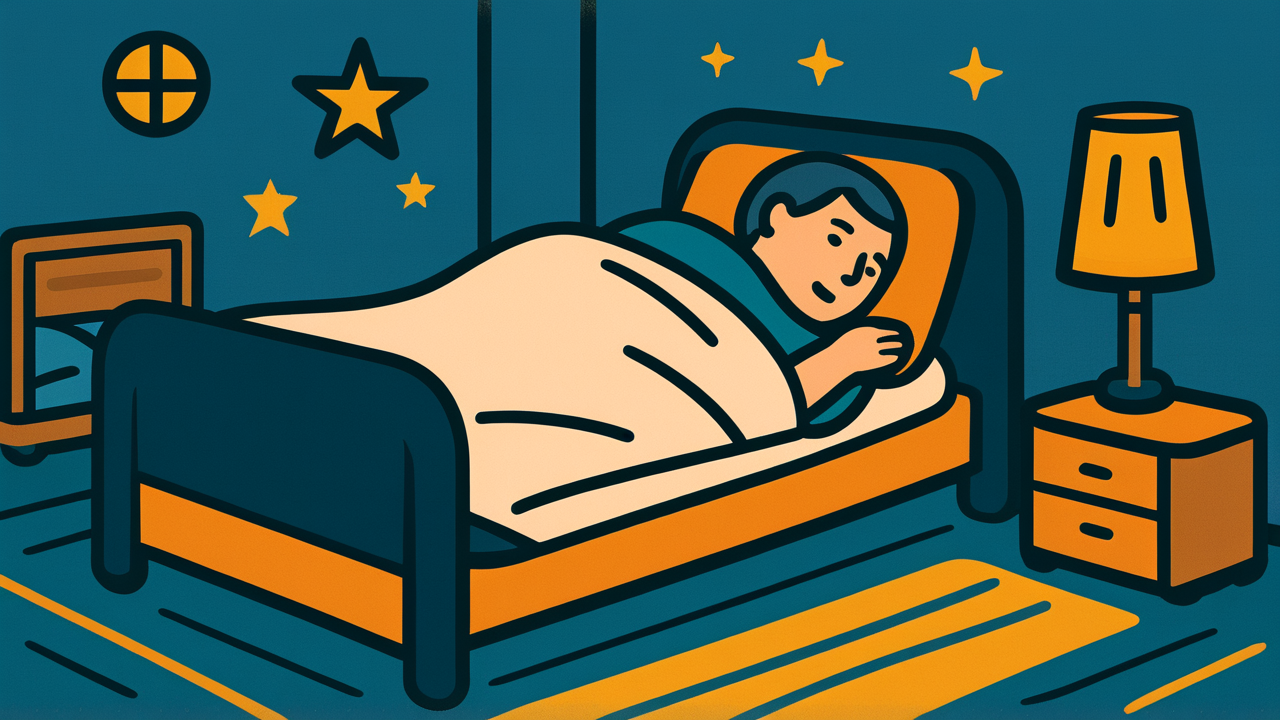How to Read “人間一生夢の如し”
Ningen isshō yume no gotoshi
Meaning of “人間一生夢の如し”
“Human life one dream like is” means that a person’s life is short and fleeting, like a dream.
This expression emphasizes the brevity and impermanence of life, containing the profound insight that real events also pass by like dreams. It represents a life philosophy that glory and hardship, joy and sorrow are all temporary things that eventually fade into past memories. This proverb is used when reflecting on life or when admonishing oneself or others not to be too elated or dejected by current circumstances. It is also used when elderly people pass on life lessons to younger people. Even today, many people realize the deep meaning of this proverb when they pause in their busy daily lives to take an overview of life.
Origin and Etymology
The origin of “Human life one dream like is” is deeply rooted in the philosophy of Zhuangzi, an ancient Chinese thinker. Zhuangzi was one of the founders of Taoism around the 4th century BC and left behind the famous allegory called “The Butterfly Dream,” which showed deep insight into the boundary between reality and dreams. In this allegory, after Zhuangzi dreams of becoming a butterfly, he becomes unsure whether he is Zhuangzi or a butterfly dreaming of being Zhuangzi.
Under the influence of such Eastern philosophy, it is believed that this proverb became established in Japan from the Heian period to the Kamakura period as an expression of life’s impermanence. Particularly connected with Buddhism’s teaching of “all things are impermanent,” the recognition that everything in this world is transient became deeply engraved in the Japanese heart.
Also, in Noh theater and classical literature, expressions comparing life to dreams were frequently used, and it is said that this proverb spread from this literary background as well. It appears scattered throughout documents from the Muromachi period onward and came to be widely used from the samurai class to common people.
Usage Examples
- I reached retirement in the blink of an eye, but “Human life one dream like is” is truly well said
- To think that childhood seems like yesterday – Human life one dream like is, isn’t it
Modern Interpretation
In modern society, “Human life one dream like is” has come to have new meanings. With the development of social media and digital technology, our lives have accelerated even more than before, and our sense of time has become ambiguous in the flood of information. The experience of spending several hours looking at a smartphone and realizing that a day has ended before you know it can truly be called the modern version of “like a dream.”
Also, with advances in technology such as virtual reality and the metaverse, the boundary between reality and virtual is becoming increasingly blurred. Sometimes experiences in online games and social media remain more vividly in memory than reality, and the classical question of what is real and what is a dream is being posed to us in new forms.
On the other hand, modern people also tend to try to enjoy life more actively from the recognition that “life is short.” As represented by the phrase “YOLO (You Only Live Once),” positive interpretations have emerged that rather than lamenting life’s brevity, we should therefore cherish the present. The sense of impermanence that this proverb contains often functions in modern times not as a resigned view of life, but as motivation to make effective use of limited time.
When AI Hears This
From a neuroscientific perspective, dreams during sleep and our waking experiences are created through surprisingly similar mechanisms. When we dream, our brain’s visual and auditory cortices actually activate, generating vivid sensory experiences. Meanwhile, what we call “reality” while awake is essentially a subjective world constructed by our brain’s interpretation of sensory information.
The mechanism of memory is particularly fascinating. What we call “memories” aren’t stored with the precision of recorded video footage. Each time we recall a memory, our brain “reconstructs” it by combining fragmented pieces of information. During this process, details unconsciously change, and sometimes elements that never existed get added in. This is exactly the same mechanism that makes impossible events feel natural in our dreams.
Furthermore, we’re discovering that consciousness itself is actually intermittent. While we feel we have continuous consciousness, our brain actually processes information in roughly 0.3-second intervals, seamlessly connecting these to create a “continuous experience.” It’s like a movie film—we perceive a series of still images as movement.
Time perception is also subjective: time flies when we’re focused, but crawls when we’re bored. This elastic sense of time is fundamentally the same as our perception of time in dreams. The ancient intuition about life’s “dream-like quality” had actually hit upon a fundamental characteristic of our brain’s information processing system.
Lessons for Today
What this proverb teaches us today is the importance of not lamenting life’s brevity, but accepting that fact and living the present more richly. By not being too elated or dejected by daily small events and having the composure to view things from a long-term perspective, we can achieve peace of mind.
In modern society, we tend to have our hearts stolen by comparisons with others on social media and anxiety about the future, but if we take the perspective of “Human life one dream like is,” we can realize that such worries are also temporary. What’s important is finding your own way of living within limited time.
Also, this proverb teaches us humility. No matter how successful we are, no matter how difficult our circumstances, all of these things will pass away. That’s why it’s important to cherish this moment, deepen relationships with people around us, and find our own meaning in life. Because life is as short as a dream, it is you yourself who makes that dream beautiful.



Comments